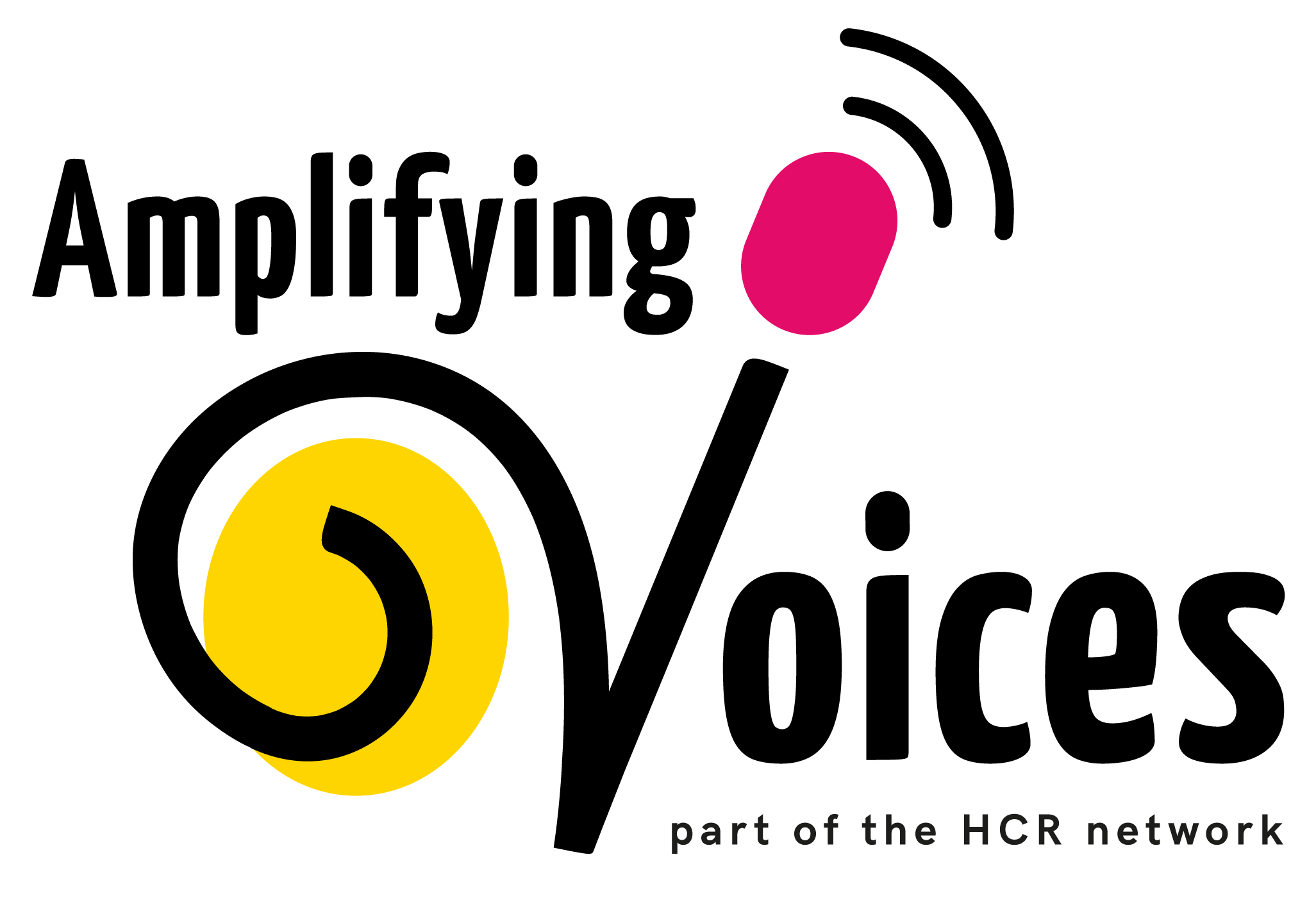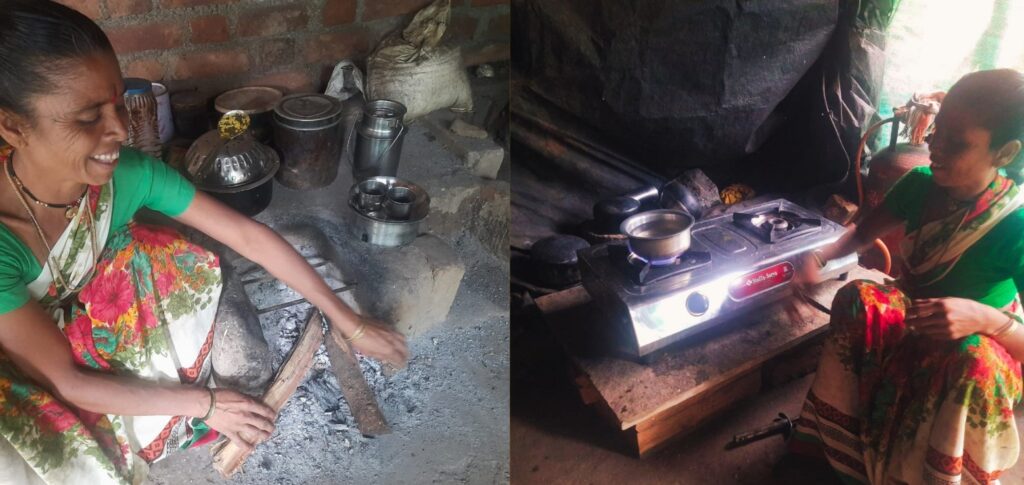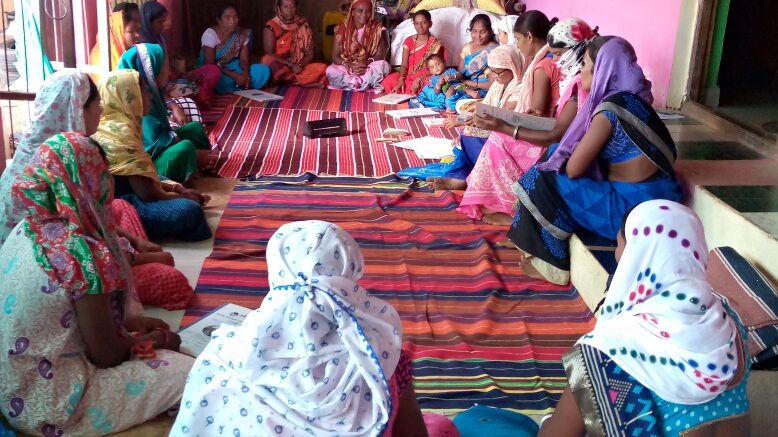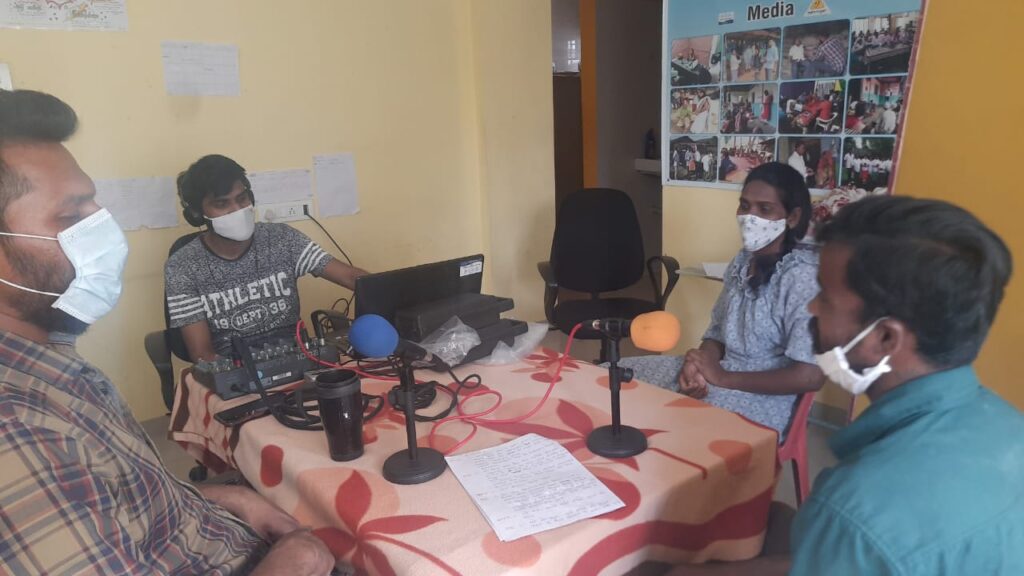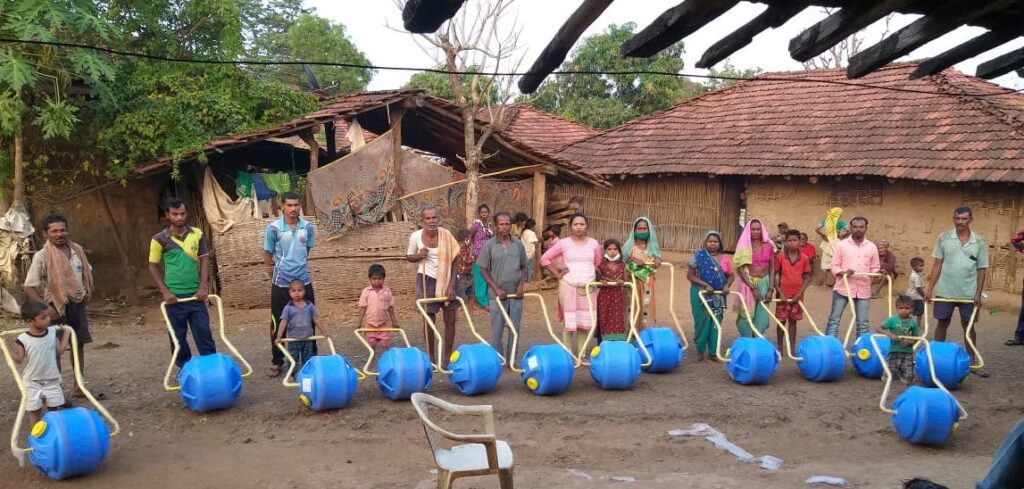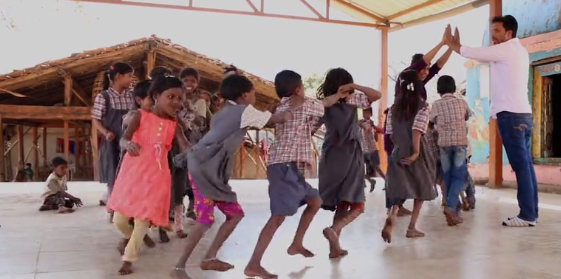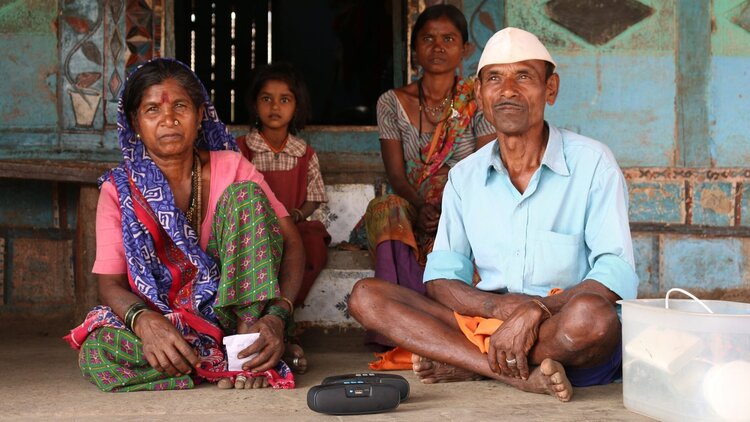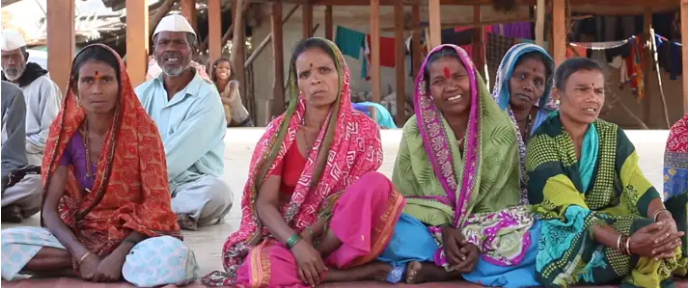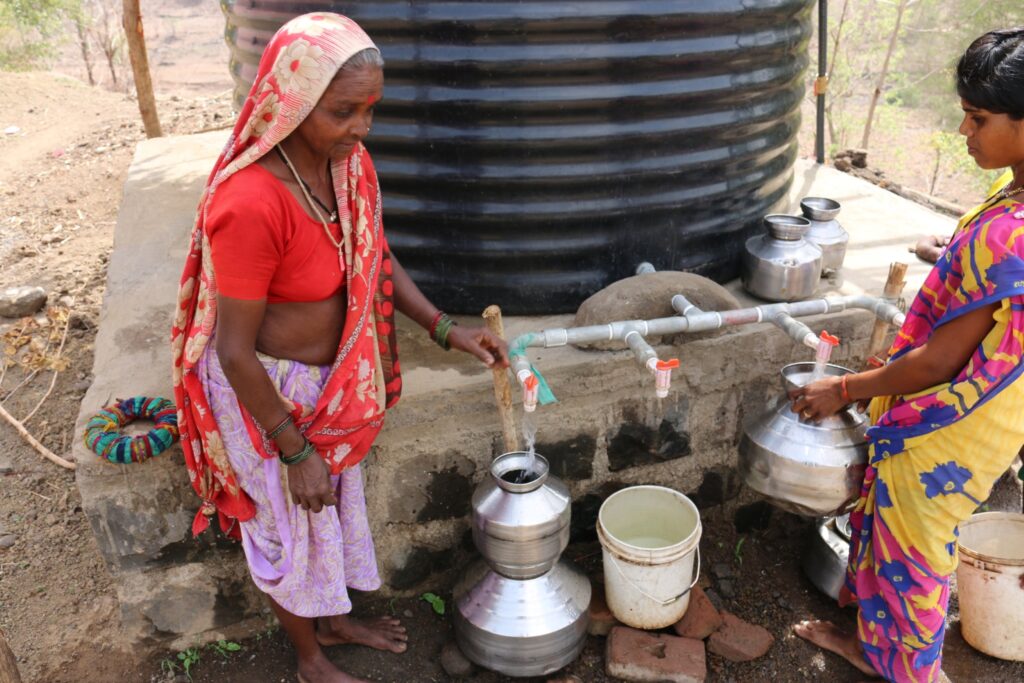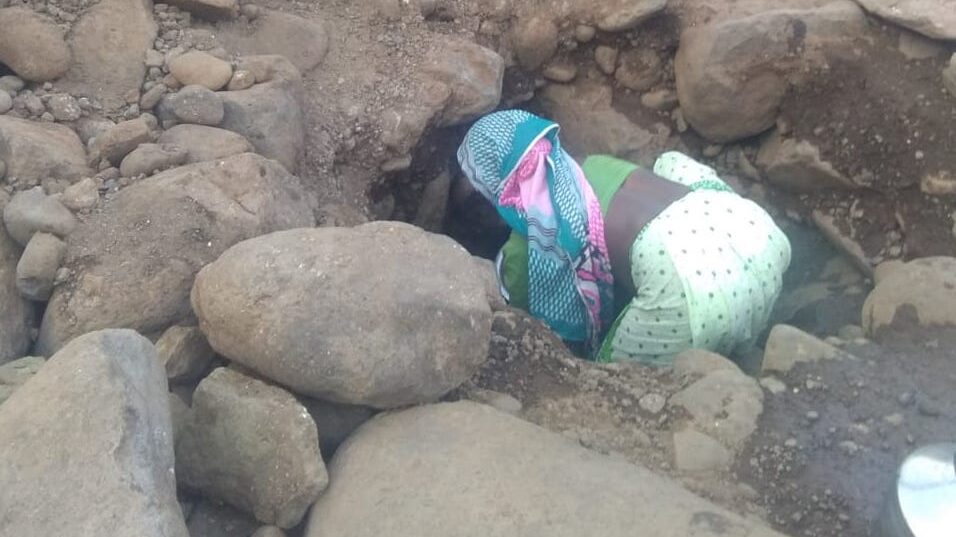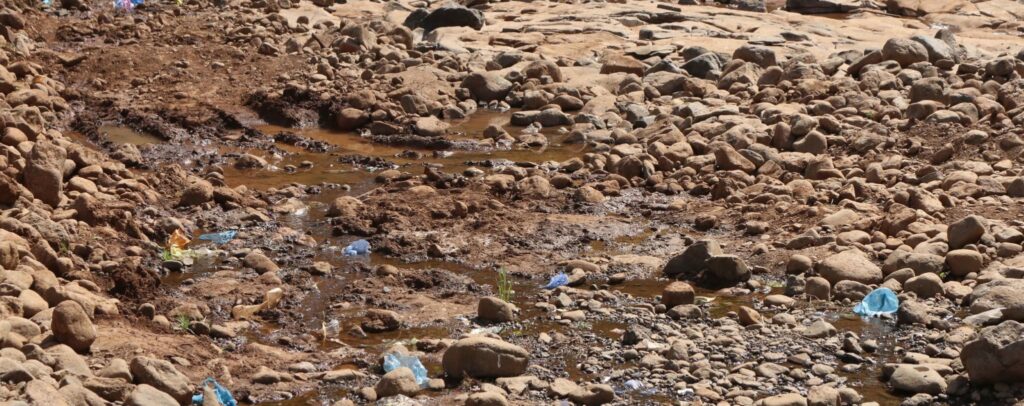Adivasi
Stories and updates from the Adivasi Voices project in Maharashtra, India.
For many years Sangeetha has suffered from coughing and shortness of breath, like many of her friends in Kahandol village in central Maharashtra. During a medical camp last year, Doctor…
As the Indian health system buckles under the strain of a Corona virus surge that has eclipsed anywhere else in the world, our partners in Maharashtra say the pandemic is…
As far back as she can remember, Sunita has been collecting water for her family. Instead of playing as a carefree child, she had to walk to the river, fill…
Eighteen months ago, Nanda could not read or write – today she regularly reads stories to her parents! The ADIVASI VOICES PROJECT is changing the lives of Nanda and others in her remote tribal community in Maharashtra, India. Her teacher says, “Thanks to the project there is now 100% school attendance and there are more girls in school than boys. You have helped parents see the value of education.”
Amplifying Voices is partnering with Seva Social Welfare Foundation to tackle poor health and build resilience in indigenous Adivasi communities. Seva augments their healthcare activities by distributing “speakerboxes” which play…
In today’s tech savvy world, information is just a click away with our mobile phones and computers, or if those aren’t in reach, our televisions and even radios all help keep us informed. But what if we didn’t have any of these available to us? How would we find out important health and community information? HCR has been working in partnership with Seva Social Welfare Foundation in remote parts of India’s Maharashtra state, home to many indigenous groups known as Adivasis.
What a joy to be back in the remote Maharashtran village of Kahandol in time to celebrate the inauguration of their two new wells. Just four months earlier I had been standing on a dried up riverbed with my Indian colleagues, Shilpa, Sam and Akshay and the head of the village, Patil Ramdas Warde. Ramdas told us how the drought had brought great hardship to his village, with only 28 days of water, and he had asked us if there was anything we could do to help …
Our partner, Seva, working among tribal people in Maharashtra had gone to distribute SD cards for latest audio programmes for the ‘speaker boxes’ when they discovered the community in Kahandol in great distress due to lack of water. They found people desperately trying to dig pits to find water, but with little effect. Seva’s Chief Executive, Shilpa Shinde said they had to do something to alleviate the community’s distress.
“Only 28 days until the water runs out”, says Patil Ramdas Warde, the leader of a village in Maharashtra. Such is the plight of many tribal communities across the county. The lack of rain has led to major crop failure. Eighty per cent of the rice plantations have failed to yield a harvest. As the Patil – meaning ‘village head’ – shared his worries with us, the need of the Adivasi Village Project became increasingly apparent.
- « Previous
- 1
- 2
- 3
- Next »
